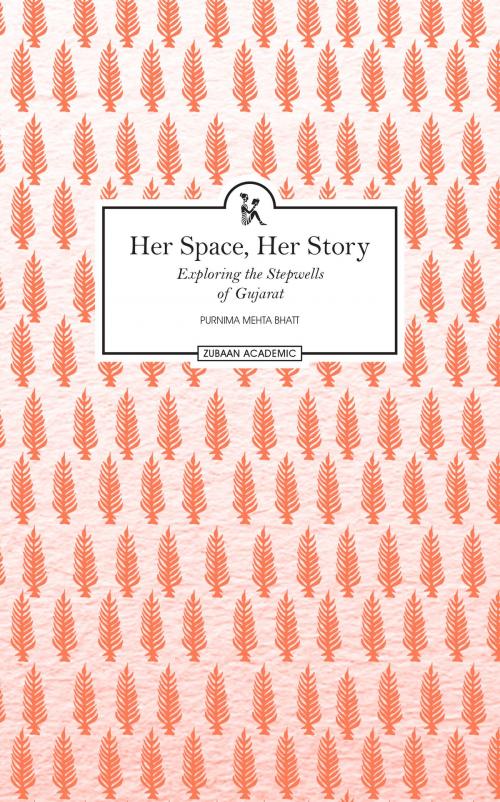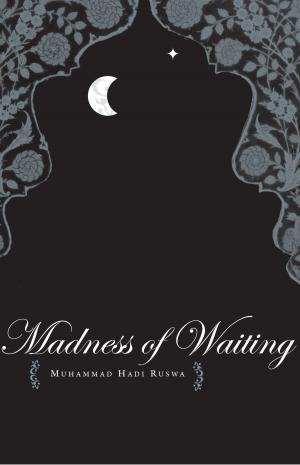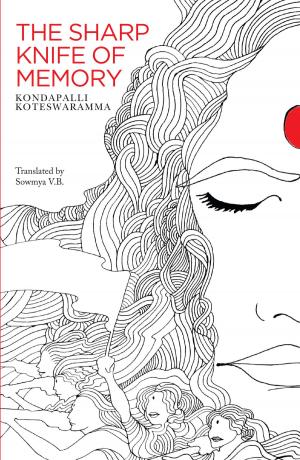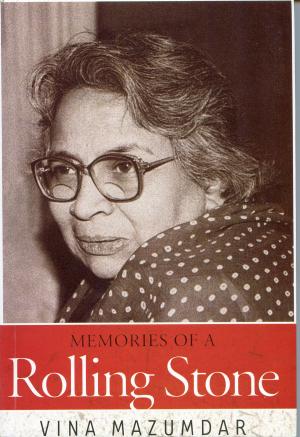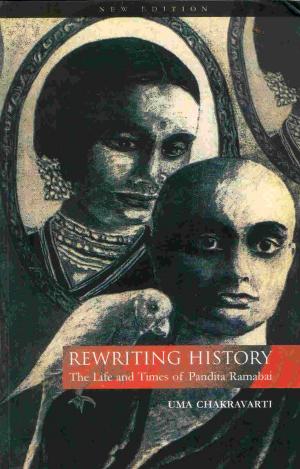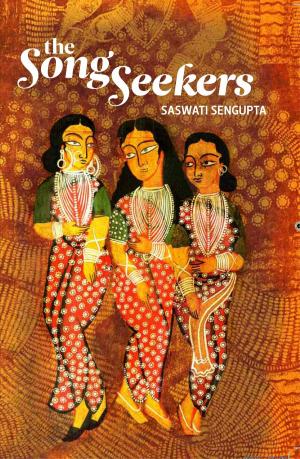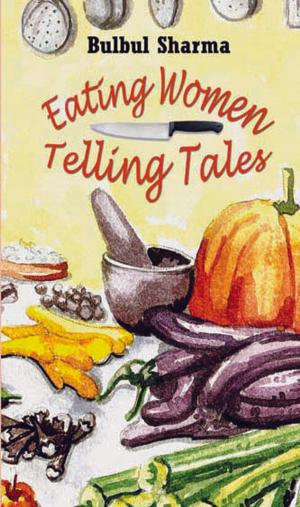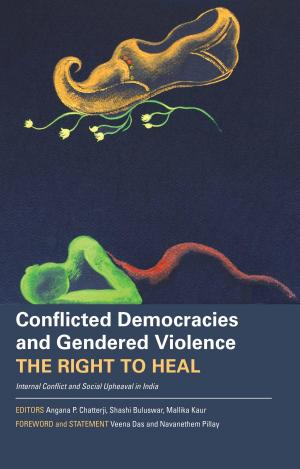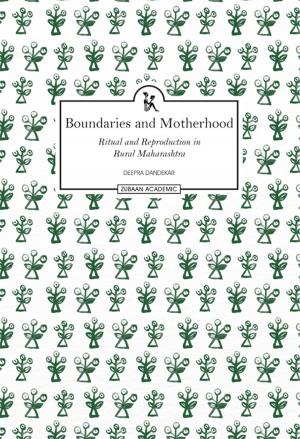Her Space, Her Story
Exploring the Stepwells of Gujarat
Nonfiction, Art & Architecture, Architecture, History, Social & Cultural Studies, Social Science, Gender Studies, Women&| Author: | Purnima Mehta Bhatt | ISBN: | 9789384757083 |
| Publisher: | Zubaan | Publication: | December 16, 2014 |
| Imprint: | Language: | English |
| Author: | Purnima Mehta Bhatt |
| ISBN: | 9789384757083 |
| Publisher: | Zubaan |
| Publication: | December 16, 2014 |
| Imprint: | |
| Language: | English |
A fascinating, multi-disciplinary exploration of water, wells and women’s spaces in Gujarat. Centuries ago, in the arid landscape of Gujarat, where water is scarce and rains scanty, stepwells sustained life and enabled crops to flourish. Women played a major role in the construction and patronage of many of these stepwells, which were unique structures that linked three worlds: the subterranean, the earthly and the celestial. Women also frequently served as inspiration for their construction — these were often built to honour a virtuous wife or benevolent mother, a local goddess or a beloved mistress. As a gathering place for women, the stepwells also became a favourite subject in folklore. Every stepwell yields tales of love and betrayal, courage and sacrifice. Through a historical analysis and visual documentation of these distinctly female spaces, Purnima Bhatt sheds light on the relationship between women, water, architecture and religion. Examining the artistic and aesthetic aspects of these structures, the author describes the art of the stepwells as looking beyond the patriarchal gods of classical Hinduism and celebrating the feminine principle. She also explores the idea of these wells acting as indicators of women’s changing social and economic status and challenging the stereotypes of the passivity of women. Her focus on ‘the woman factor’ aims to give voice to countless women who are forgotten and neglected by history, thereby making the invisible, visible.
A fascinating, multi-disciplinary exploration of water, wells and women’s spaces in Gujarat. Centuries ago, in the arid landscape of Gujarat, where water is scarce and rains scanty, stepwells sustained life and enabled crops to flourish. Women played a major role in the construction and patronage of many of these stepwells, which were unique structures that linked three worlds: the subterranean, the earthly and the celestial. Women also frequently served as inspiration for their construction — these were often built to honour a virtuous wife or benevolent mother, a local goddess or a beloved mistress. As a gathering place for women, the stepwells also became a favourite subject in folklore. Every stepwell yields tales of love and betrayal, courage and sacrifice. Through a historical analysis and visual documentation of these distinctly female spaces, Purnima Bhatt sheds light on the relationship between women, water, architecture and religion. Examining the artistic and aesthetic aspects of these structures, the author describes the art of the stepwells as looking beyond the patriarchal gods of classical Hinduism and celebrating the feminine principle. She also explores the idea of these wells acting as indicators of women’s changing social and economic status and challenging the stereotypes of the passivity of women. Her focus on ‘the woman factor’ aims to give voice to countless women who are forgotten and neglected by history, thereby making the invisible, visible.
